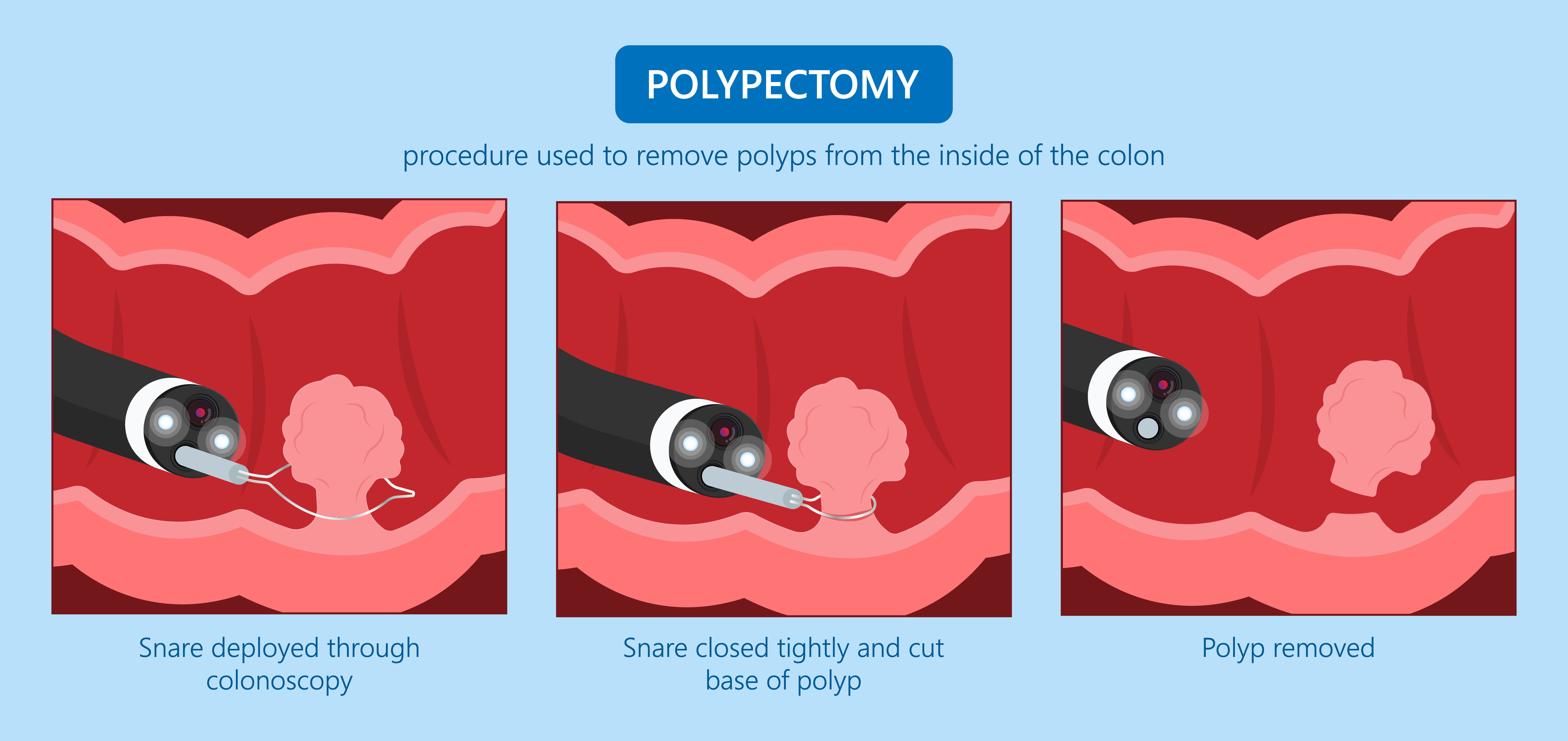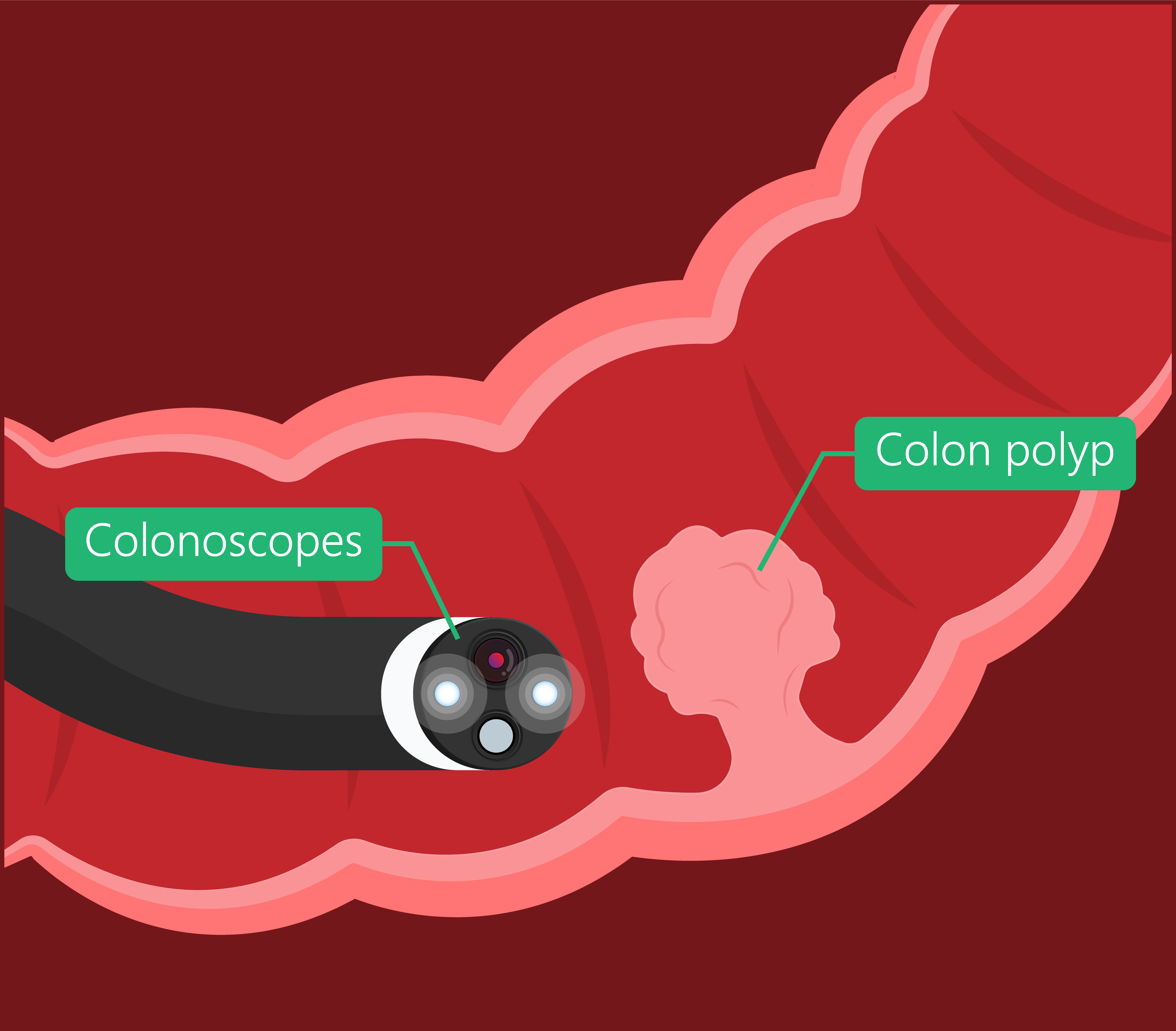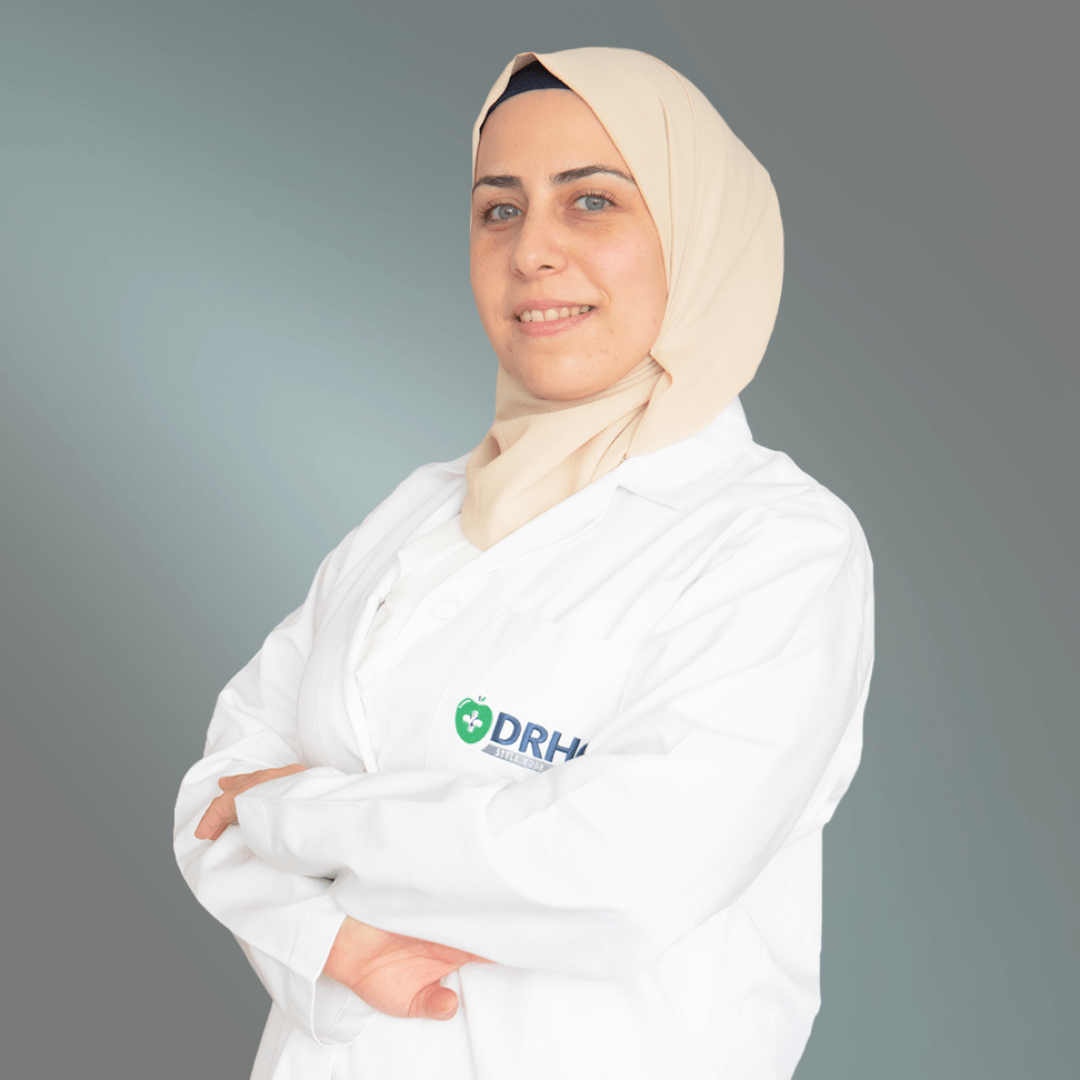EMR + Polypectomy in Dubai at DRHC
The reason behind colon endoscopy screening being important is that it's considered a huge assist in finding any pre-malignant lesions or early and small colonic malignant lesions. The importance of that is that the treatment of such situations is through endoscopic resections. There are several ways to achieve it: Cold/Hot Snare Polypectomy, EMR (Endoscopic Mucosal Resection), and ESD (Endoscopic Submucosal Dissection).
What is EMR?
EMR is the procedure/technique used to remove pre-malignant, early-stage cancer or other abnormal tissues from the digestive tract. Endoscopic mucosal resection (EMR) can be performed using a Gastroscope (the endoscope device that goes through the upper part of the digestive tract). During EMR of the upper digestive tract, the endoscope is passed down your throat to reach an abnormality in the esophagus, stomach, or upper part of the small intestine (duodenum).
What is Polypectomy?
It is the process of removing lesions from the colon, in which the colonoscope (the endoscope device that goes through the lower part of the digestive tract) is guided up through the anus through the entire colon and distal terminal ileum. The specimen resected will then be extracted and sent for pathology to determine the histology of this tissue and its depth of invasion.
Indications:
EMR is a less invasive alternative to surgery for removing abnormal tissues from the lining of the digestive tract, whenever possible. The most important indications are:
- Early-stage cancer
- Precancerous lesions, which may become cancerous
Identification of the lesion:
The procedure is done under sedation. Endoscopic mucosal resection and other types of endoscopic polypectomies are usually performed by the gastroenterologist. In the case of EMRs, through the working channel of the endoscope, an injection needle is inserted to inject and elevate the lesion, which is then resected with a snare. In some cases, we can use clips to close the resection site. For polyps that do not need an injection to elevate, we resect them without injection.

Risks:
Although rare, there are risks for endoscopic mucosal resections and polypectomies, and these may include:
- Bleeding: (That is the most common complication and often is detected and corrected during the procedure).
- Narrowing the lumen: (For circumferential lesions).
- Perforation: There is a slight risk of perforation through the wall of the digestive tract, depending on the size and location of the lesion that's removed.
- In case of complications: call the doctor or go to emergency care.
Some other signs or symptoms can happen after undergoing endoscopic mucosal resection/polypectomy:
- Fever
- Chills
- Vomiting
- Black stool
- Bright red blood in the stool
- Chest or abdominal pain
- Shortness of breath
- Fainting
In such cases, contact the doctor immediately.
Preparation:
Some information is important to tell the doctor before the process:
- All prescription medications. (diabetes medications and blood-thinning or other anti-coagulation drugs)
- Drug allergies
- All medical conditions, including heart disease, lung disease, diabetes, and blood-clotting disorders
- Drugs used for anticoagulation/aggregation are usually stopped ~5-7 days before
- The instructions may vary depending on the location of the lesion or lesions being removed.
- Fasting for gastroscopy
- Cleaning the colon for a colonoscopy
After the procedure:
- In most cases, no need for hospitalization, and patients are discharged home after observation
- You'll remain in a recovery room until most of the effects of the sedative have worn off.
- You'll receive instructions about when you can start eating and drinking and when you can resume normal activities.
- Relatively mild side effects can occur within 24 hours after the procedure - feeling drowsy, sore throat (for gastroscopy), nausea, and vomiting. Gas, bloating, or cramps. (for colonoscopy)
Results:
- It usually takes a few days to get the pathology results. A follow-up appointment with the doctor is scheduled after several days.
- In some cases, a follow-up exam can be necessary 3 to 12 months after (to be sure the entire lesion was removed).
- Depending on the pathological findings, the doctor will tell you about any further tests.
.png?width=281&height=59&name=bookanappointment%20(1).png)
If you are due for an ERCP - Endoscopic Retrograde Cholangiopancreatography or are experiencing gastrointestinal symptoms, don't delay. Contact DRHC Dubai to schedule your colonoscopy appointment. Our team of experts is here to provide you with compassionate care and personalized treatment to keep your digestive health in check. To book Your Appointment, just call us at +97142798200 for a consultation with the Gastroenterology Clinic at DRHC Dubai.





.png?width=281&height=59&name=bookanappointment%20(1).png)





